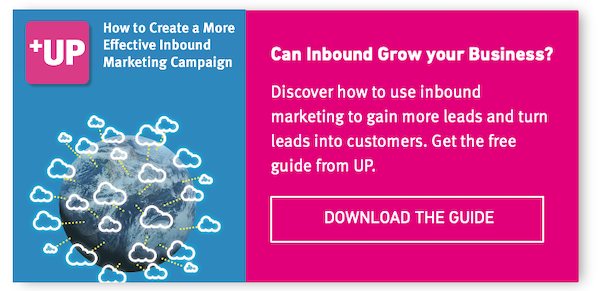The art of visual storytelling – Part 1
At INBOUND14, Ekaterina Walter, an innovator who has led companies like Intel and Accenture to success with social media, discussed why visual storytelling should be an essential element to any brand story, and certainly any story that hopes to make an impact on social media.
Why? Because, as the saying goes, a picture is worth a thousand words. And when you have only 140 characters (such as on Twitter) to make your point, then linking to a photo is a better use of space trying to squeeze in 1,000 words.
And that’s just one reason. Here are seven more.
1. Images get shared.
Using images to help tell a story not only does it more effectively, but also with more viral impact. It’s proven.
People are much more likely to share posts with images (photos or videos) than without. And in social media, sharing is the name of the game.
Overall, on Facebook, for example, photos make up 87% of all shared posts, according to eMarketer.
Photos can also boost retweets by 35% (according a report by Media Blog).

2. Images catch attention.
According to KISSMetrics, photos get 53% more likes than and 84% more click-throughs than posts without images. When you’re scanning your social feeds or a web page, what do you stop to look at?
3. Images appeal to emotions.
Videos and images are also more likely to appeal to emotions…and as any good marketer will tell you, the key to engagement and action in marketing is getting to the emotion.
4. Images transcend cultures and boundaries.
You can tell a story with a single picture. Images make subtle connections that can be lost in translation. If you have a international audience, images (pictographs and drawings) can be useful and easily understood. Consider the universal sign for the men and women’s room.

5. Images make the point quickly.
A single image (or an infographic) can make a point much more quickly that a long post. On social media where attention spans are measured in fractions of a second, quick is good!

(Image Source: Charity Water)
6. Images get priority space.
On Twitter, LinkedIn, Facebook and many website home pages, images are given more physical space than similar text messages. This may seem counter-intuitive to the part about “getting the point across more quickly” but the fact is that social media sites (and other websites) allocate premium space to images. If you want to stand out in a crowded space, you need an image.


7. Pictures are memorable.
It’s easy to forget facts you’ve read, even when you’re interested in a topic. But visual images stay with you for a long time.
Not just babies and kittens
It’s important to realize that visual storytelling isn’t just about about cute pictures of kids and animals. It’s about telling B2B stories as well.
To use Intel as an example, one of the most shared images Intel ever experienced, was a post that internal marketing managers initially thought was a bad move. Turned out it wasn’t. The post was an image of a messy desk, showing an actual behind-the-scenes look at what happens at an Intel development center. The caption was “Inside Intel”. It received more views and shares that any single post they’d ever place on Twitter up until that point (according to eKaterina Walter).
More facts
Here are some other interesting facts about images (from INBOUND14):
- Pages with images get 94% more total views than those without
- Sharing goes up 30-40% on pages with images
- Press releases are viewed 50 percent more often with image or video attached
- Viewers spend 100% more time on webs pages with videos
- Publishers using infographics grow their traffic 12%
Visual storytelling is the way to stand out from the noise.
Want to know how? Stay tuned…our next post will discuss some tips for using visual storytelling for your brand. Read The art of visual storytelling - Part II.
Could Inbound Marketing Work for you?

